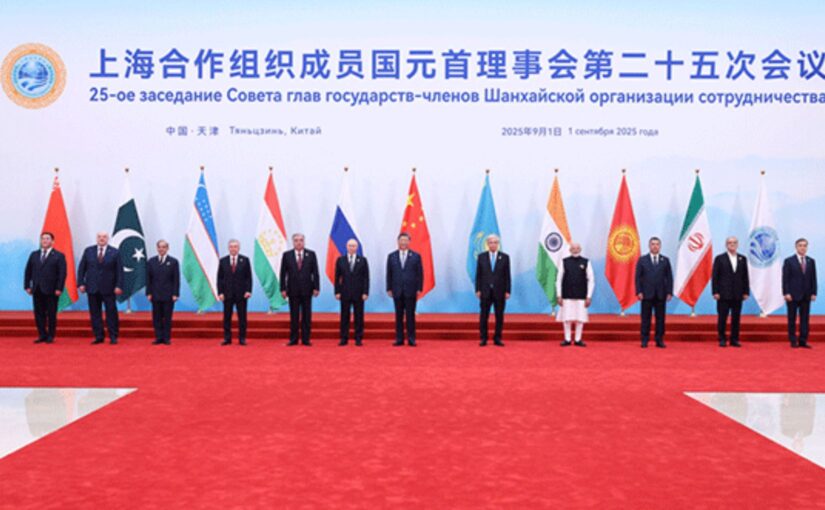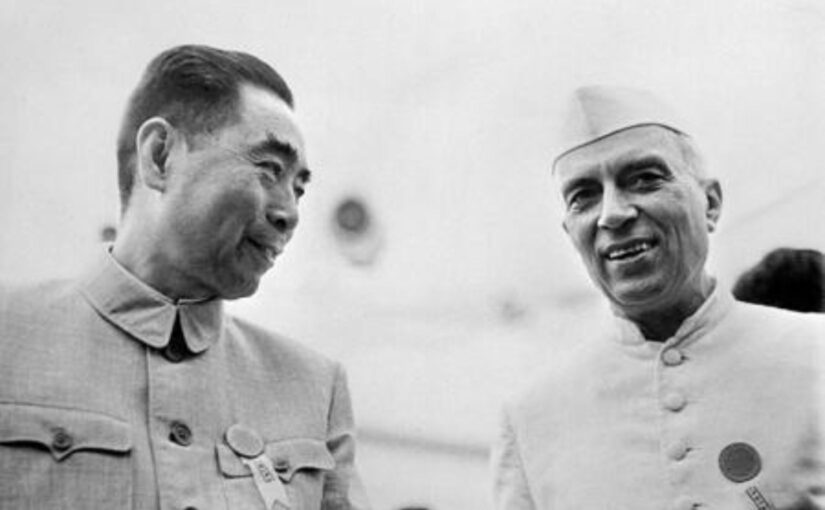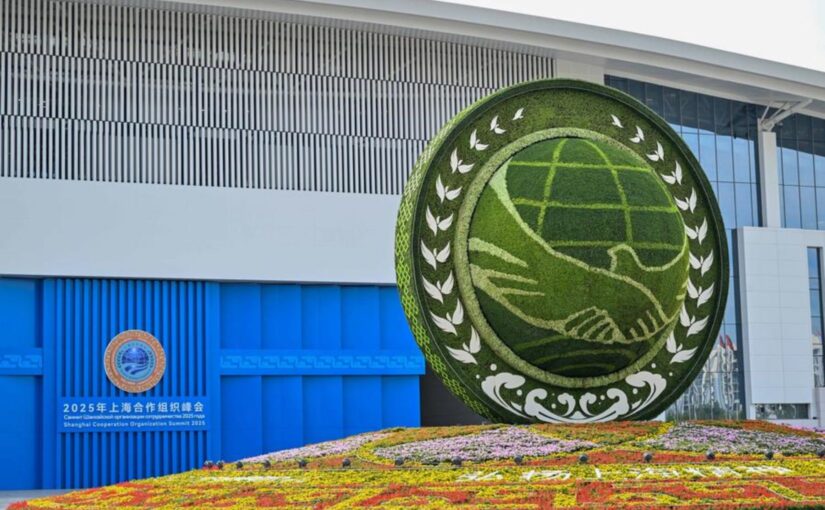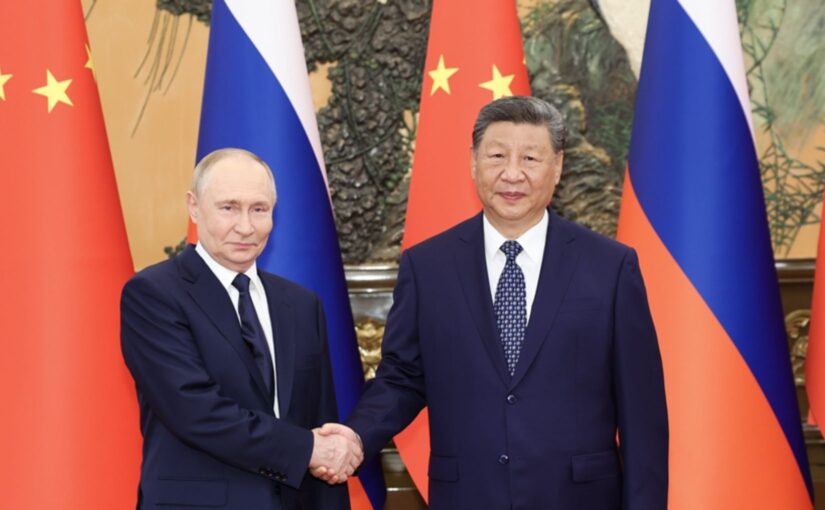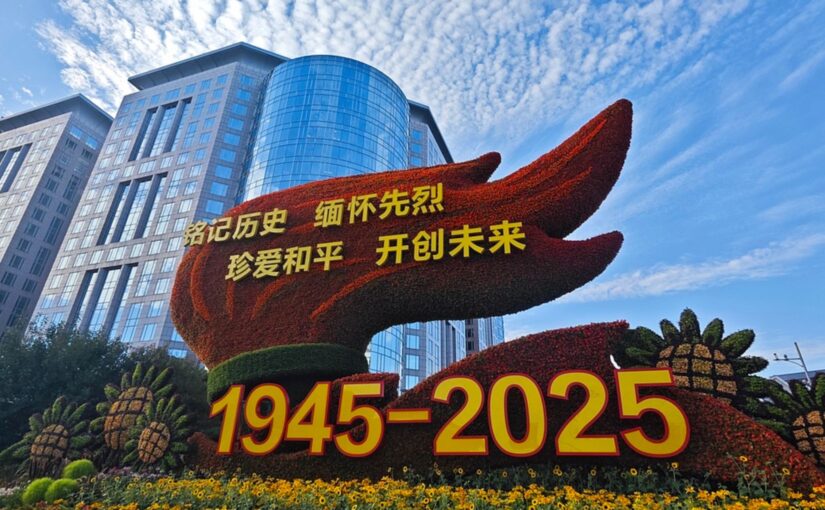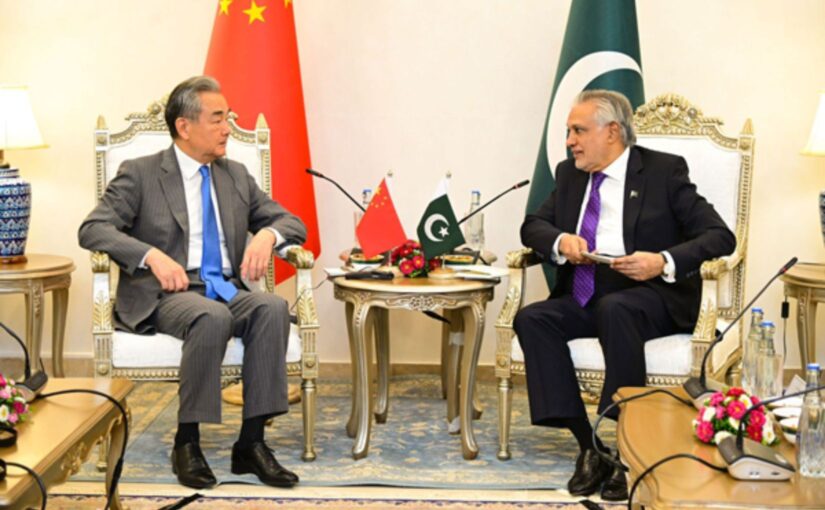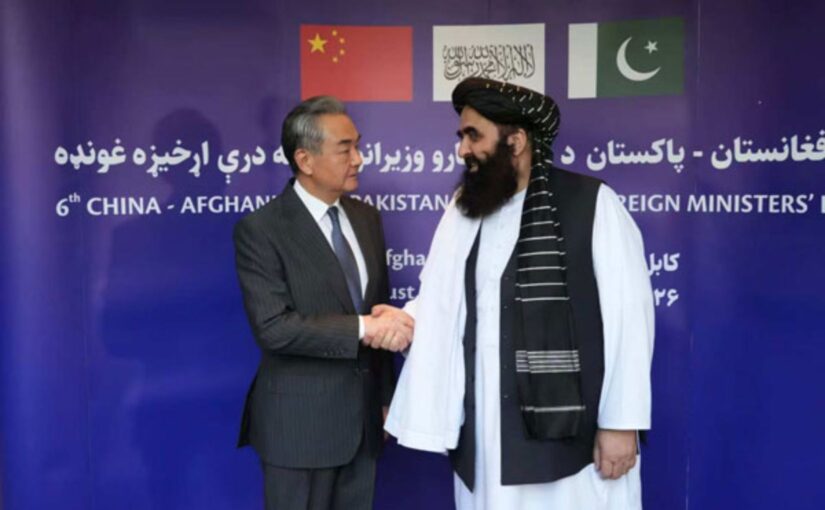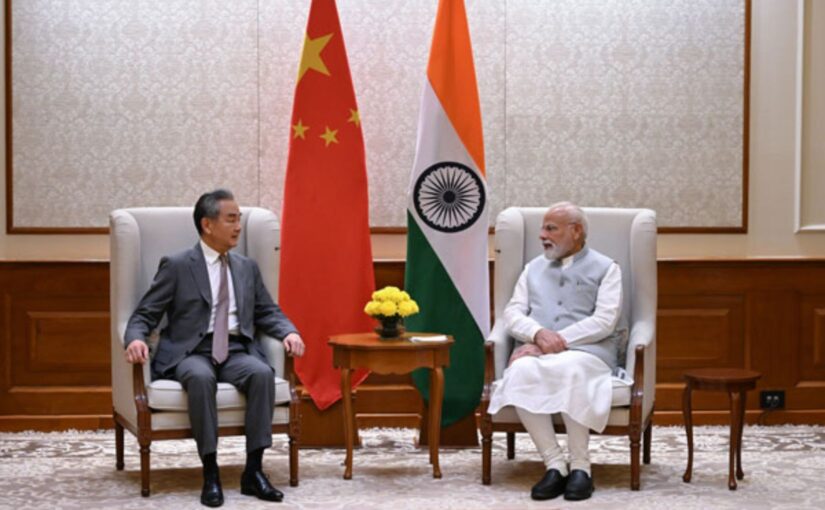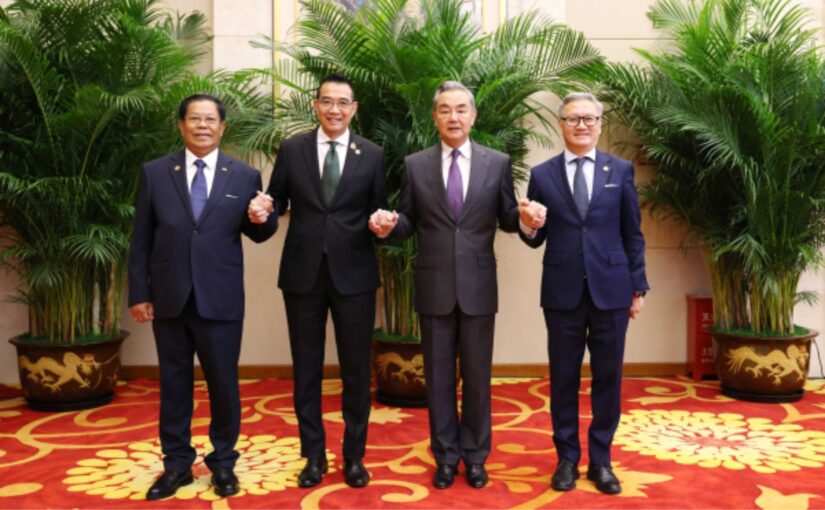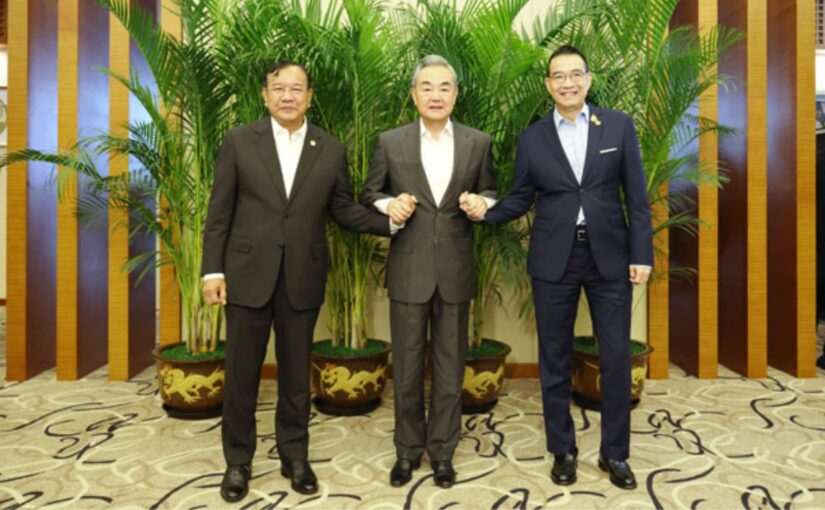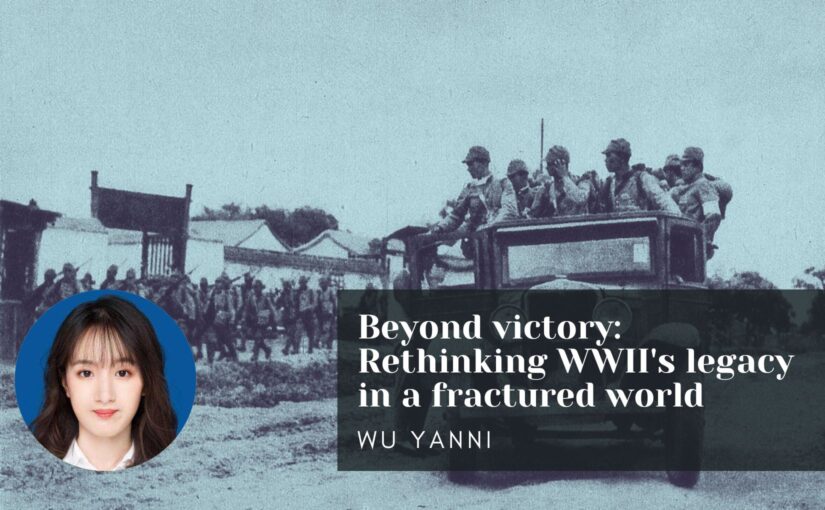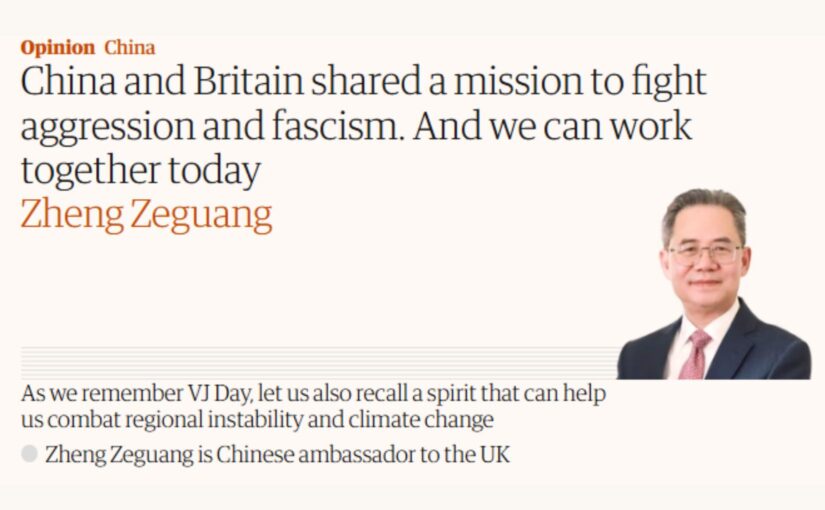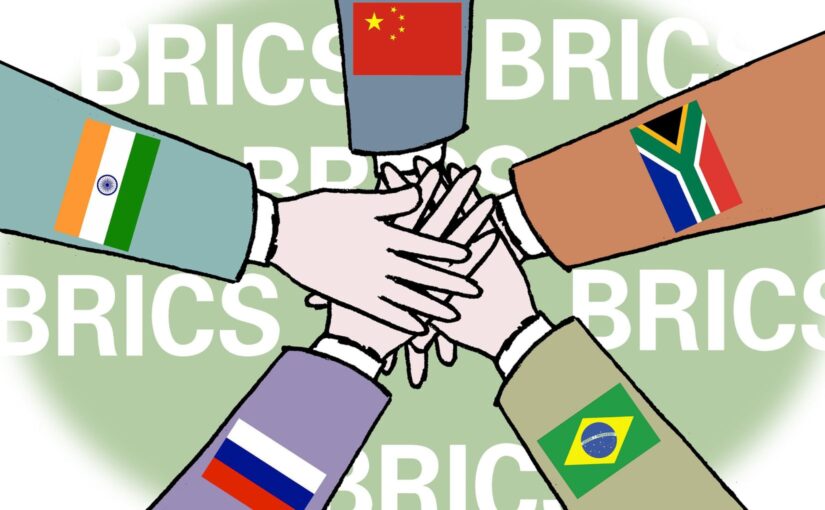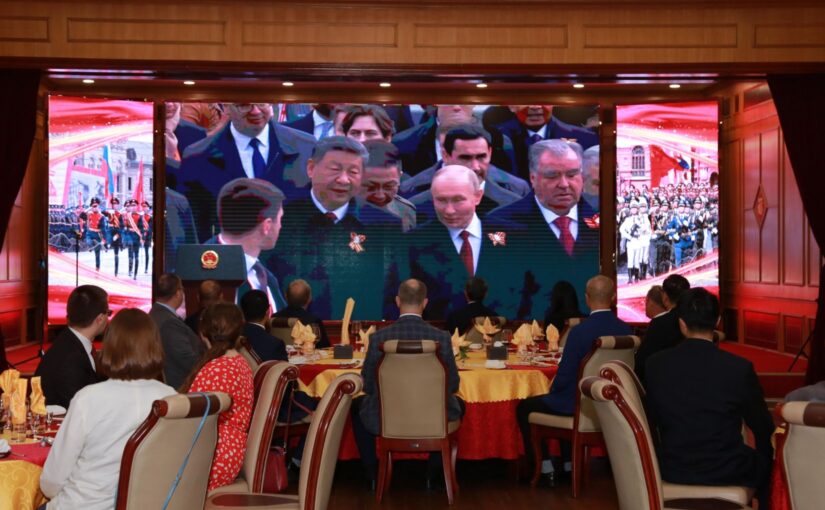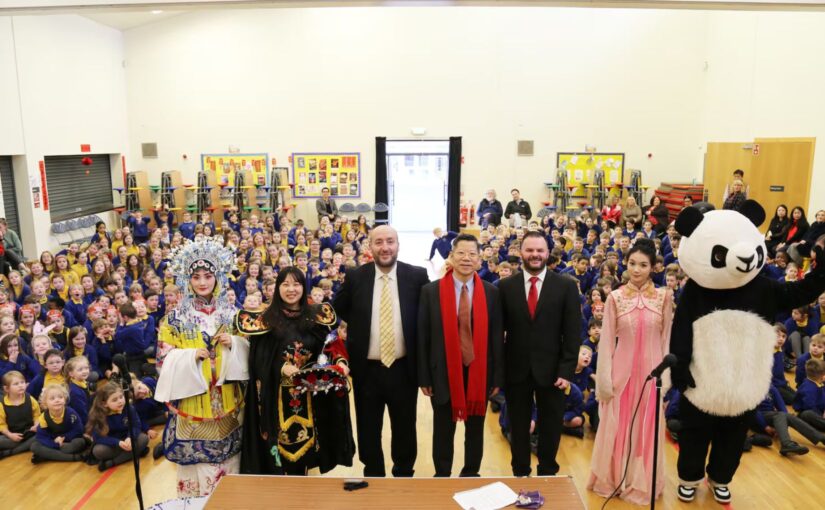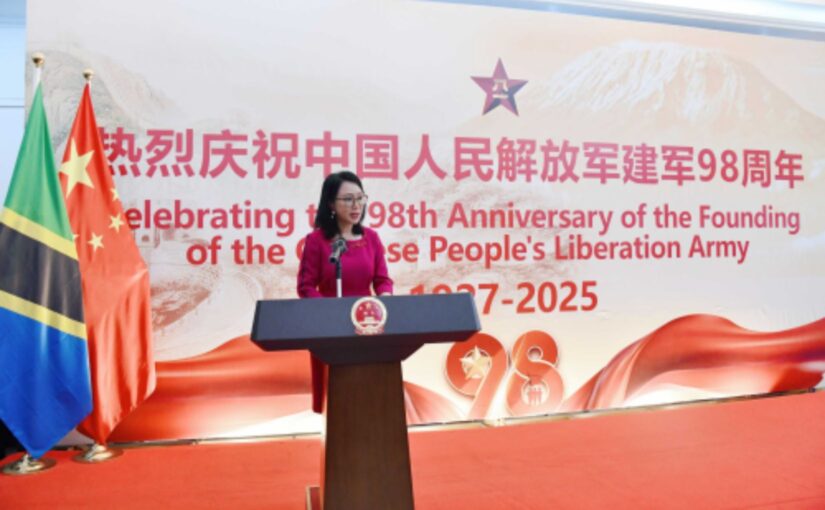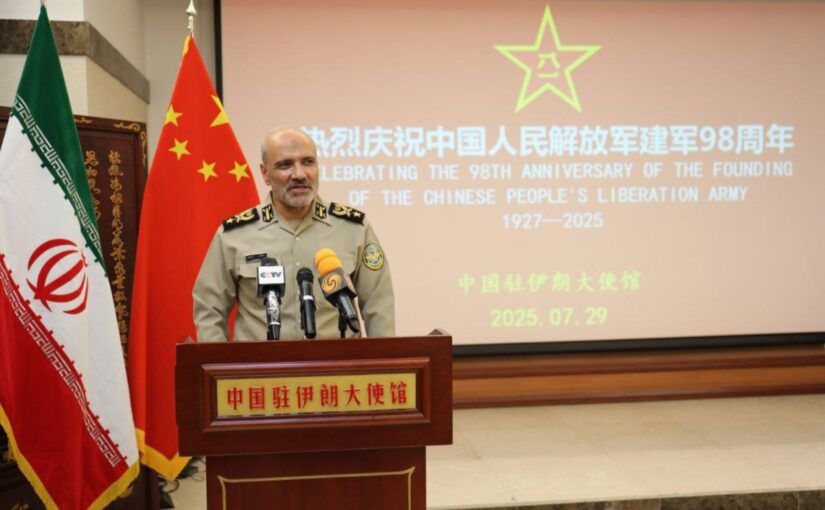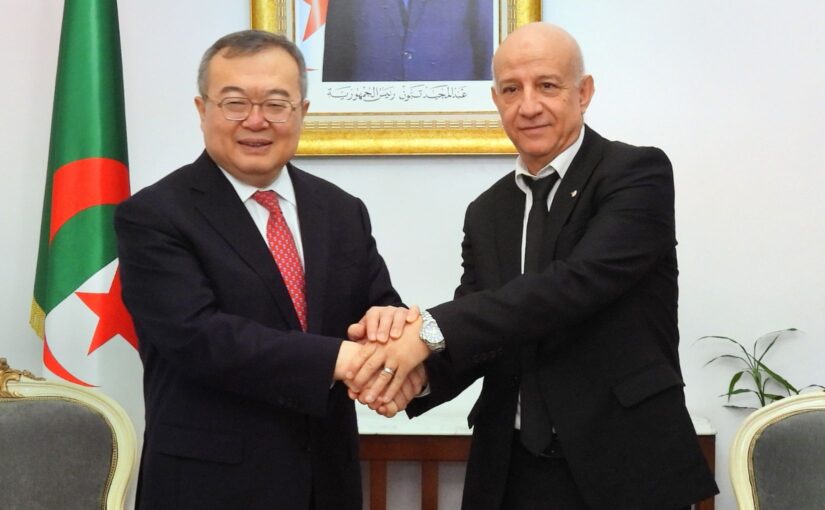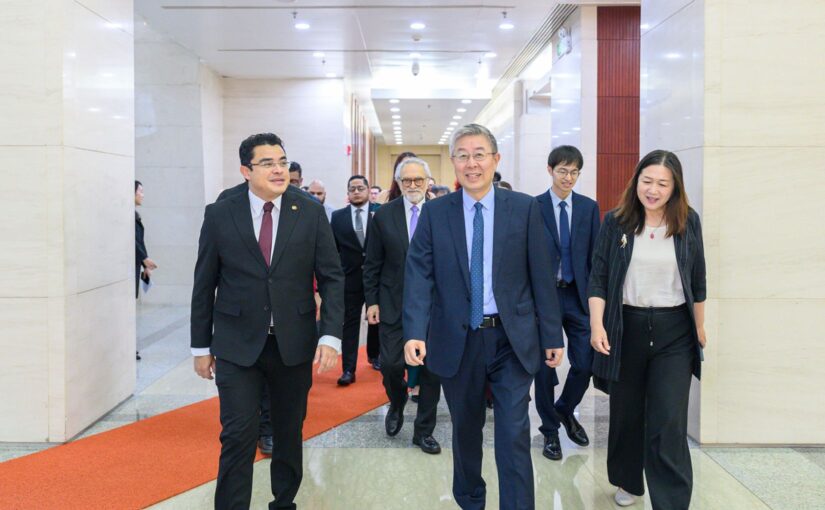On August 31-September 1, immediately prior to China’s grand celebration of the 80th anniversary of victory in the Chinese People’s War of Resistance Against Japanese Aggression and the World Anti-Fascist War, the north China coastal city of Tianjin, near to Beijing, hosted the 25th Meeting of the Council of Heads of State of the Shanghai Cooperation Organisation (SCO) followed by the Shanghai Cooperation Organisation Plus meeting.
These were the biggest gatherings to date in the SCO’s quarter century history, drawing more than 20 heads of state or government, along with the heads of 10 international organisations, including the Secretary-General of the United Nations.
As we previously reported, at the latter meeting, President Xi Jinping proposed the Global Governance Initiative (GGI), which aims at establishing “a more just and equitable global governance system and advancing toward a community with a shared future for humanity.”
Presiding over the SCO Summit, President Xi delivered an important statement entitled, “Staying True to SCO Founding Mission and Ushering in a Better Future.”
He said that the SCO has established itself as a model for a new type of international relations. The organisation was the first to set up a military confidence-building mechanism in its member states’ border areas and the first to take multilateral actions against the three forces of terrorism, separatism and extremism, thereby maintaining peace and tranquility in the region. The SCO was the first to launch Belt and Road cooperation, providing a robust driving force for development and prosperity and further improving the multidimensional connectivity network across the region. The SCO was the first to conclude a treaty on long-term good-neighbourliness, friendship and cooperation, and proclaim the member states’ commitment to forge lasting friendship and refrain from hostilities, bringing the hearts of the peoples closer to each other. The SCO was the first to put forth a vision of global governance featuring extensive consultation and joint contribution for shared benefit as an effort to practice true multilateralism, thus becoming a proactive force for world peace and development.
President Xi emphasised that the SCO has grown into the world’s largest regional organisation, and its international influence and appeal are increasing day by day. Looking ahead, the member states should carry forward the Shanghai Spirit, forge ahead with solid steps, and better tap into the potential of the SCO in the following five ways:
- Seeking common ground while putting aside differences. SCO member states should respect their differences, maintain strategic communication, build up consensus, and strengthen solidarity and collaboration.
- Pursuing mutual benefit and win-win results. SCO member states need to better align their development strategies and promote the high-quality implementation of the Belt and Road Initiative, improve trade and investment facilitation, enhance cooperation in such areas as energy, infrastructure, green industry, the digital economy, scientific and technological innovation, and artificial intelligence, so as to march toward modernisation hand in hand by bringing out the best in one another and working together for a shared future.
- Championing openness and inclusiveness. SCO member states need to enhance mutual understanding and friendship through people-to-people exchanges, firmly support one another in economic cooperation, and jointly cultivate a garden of civilisations in which all cultures flourish in prosperity and harmony through mutual enlightenment.
- Upholding fairness and justice. SCO member states must promote a correct historical perspective on World War II, oppose the Cold War mentality, bloc confrontation and bullying practices, safeguard the UN-centred international system, support the multilateral trading system with the WTO at its core, and make the global governance system more just and equitable.
- Striving for real results and high efficiency. SCO member states should continuously promote the reform of the Organisation, increase resources input and enhance capacity building to improve its institutional structure and make its decision-making more scientific and its actions more efficient, and provide stronger underpinnings for security and economic cooperation among them.
The leaders of the member states signed and issued the Tianjin Declaration of the Council of Heads of State of the Shanghai Cooperation Organisation, approved the SCO Development Strategy to 2035, released a statement on the victory of World War II and the 80th anniversary of the founding of the United Nations, a statement on supporting the multilateral trading system, and adopted 24 outcome documents covering enhanced cooperation in security, economy, people-to-people ties, and organisational development.
Continue reading Largest ever gathering of SCO family held in Tianjin